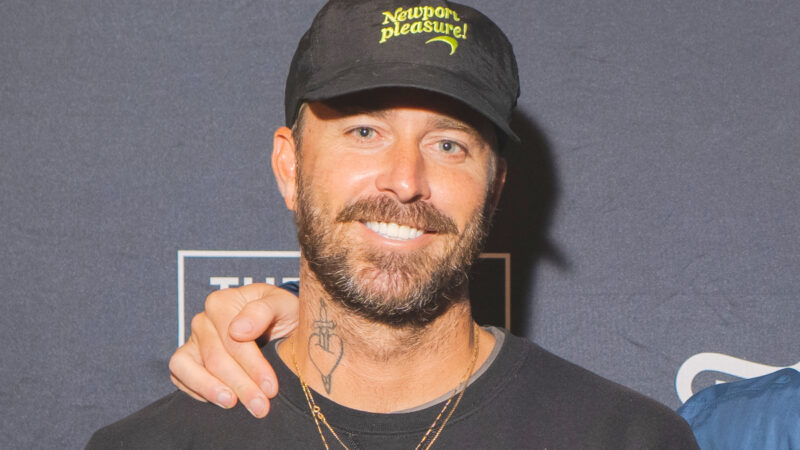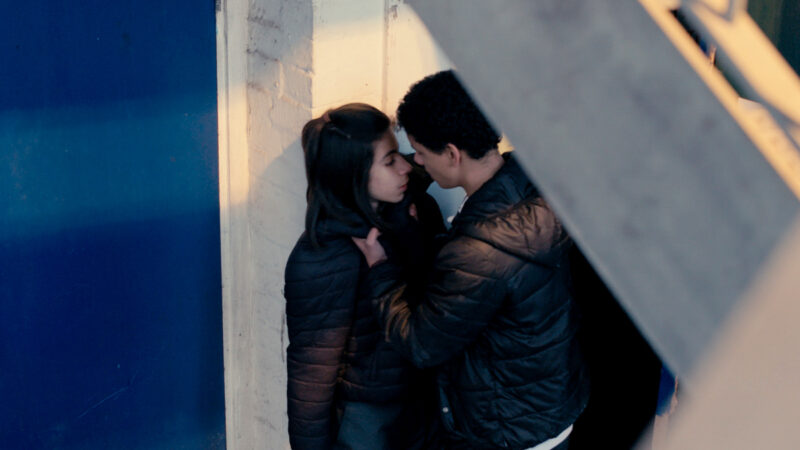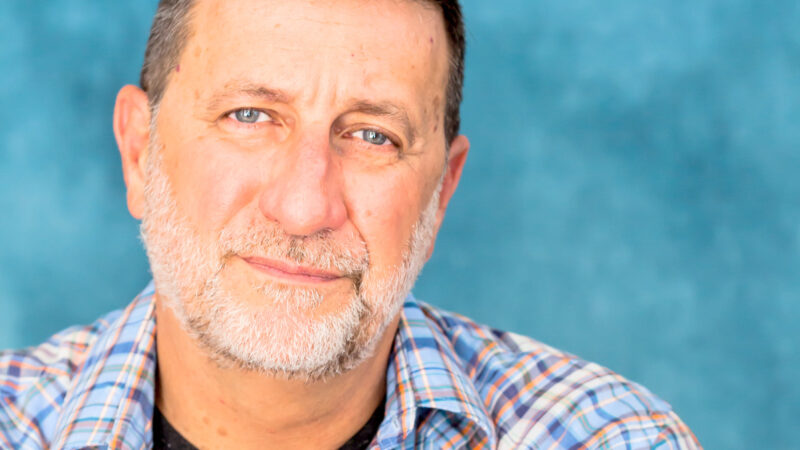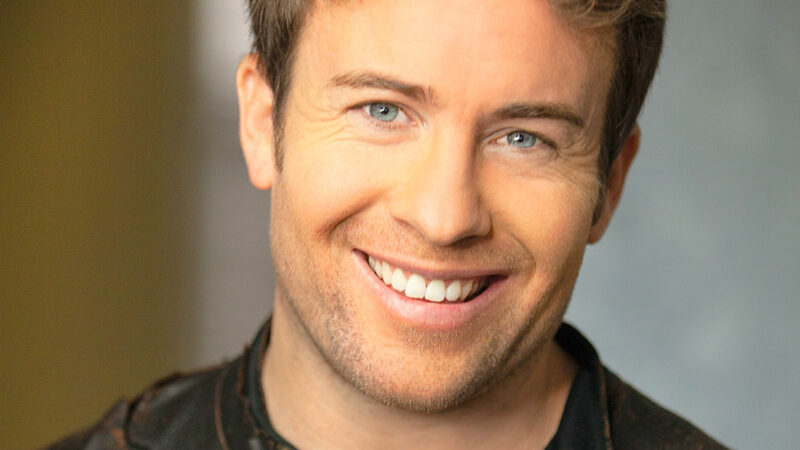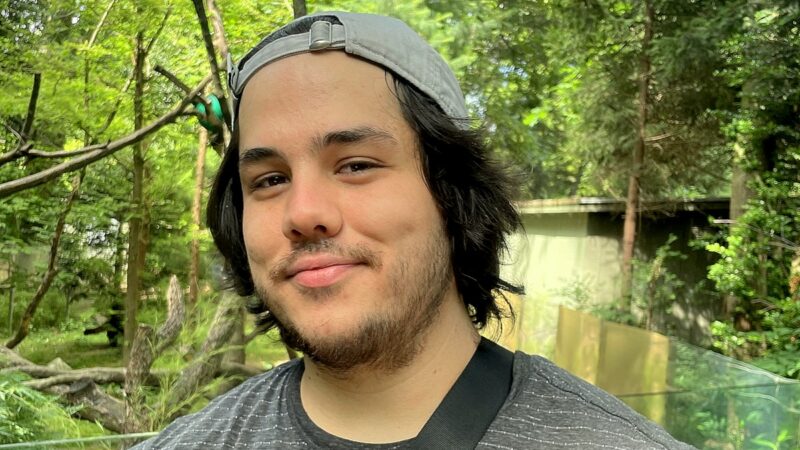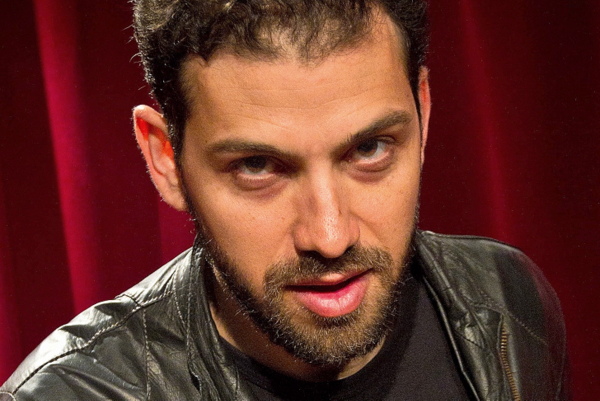
My first time acting was in an introductory class at Cornell. At that time I was more into filmmaking and literature. It was around six years or so before I acted again, in a series of sketches, which propelled me to try standup comedy. After performing standup comedy for a number of years I tried acting again–more seriously.
Did you study what you do
I’ve taken acting classes at HB Studios and a commercial class with Brooke and Mary. Also, I’ve applied techniques I’ve learned, from ten years performing as a standup comedian, to the craft of acting. Finally, I’ve read numerous acting books and studied many different acting techniques.
What is your filmmaking process
There are certain elements of method acting that can be very helpful for film and tv acting. That said, I’ve noticed using this systematic approach often leads to overacting. There are a number of great techniques for acting, and you can learn from them all, although my general philosophy is to be instinctive, trust in your aesthetic judgment, and be flexible enough to meet the demands of the current role/project.
Tell us about the work you have produced
I’ve acted in a number of different projects: short films, independent films, tv shows, reality tv (which requires a certain degree of acting in itself), and the most important thing I’ve learned is that every project is different. Every director has his or her own aesthetic standards. Actors have to be flexible and willing to take direction and yet still maintain their own inner authentic vision and sense of style. Learning to do this well is one of the greatest challenges.
Official movie poster for Inside Job. #indiefilm #comedy #film #filmmaking #filmdirector #filmfest #naginplease pic.twitter.com/8hCvNgfJwz
— Matt Nagin (@MNagin) June 6, 2016
Do you take courses to improve your craft
I have taken classes to improv my craft, such as improv classes at UCB and Magnet Theater–although I am not doing so currently. That said, I often learn on-the-job, when I can, either by performing in additional projects (regardless of how small), or by creating my own projects.
How do you combine acting and writing
I was able to combine writing and acting by creating my own film, Inside Job. For me, writing comes naturally, as I’ve been writing scripts, novels, stories, poems and the like since I was sixteen years old. There is a certain advantage to writing and acting in your own project, as you can have a certain degree of creative control that is impossible if someone else is directing you. Also, I believe acting makes you a better writer and vice versa. There are certainly a number of noteworthy figures who combined the two (the most obvious being William Shakespeare).
How did you get into the film business
I’ve been involved with the entertainment business, on and off, in some capacity, since college. I used to live in L.A. and worked on film sets as a Production Assistant. Then I got involved in the entertainment industry through standup comedy and writing. Finally, I have focused more, of late, on acting. I’ve always had a passion for film and I’m a bit of a cinephile, but my involvement, professionally, with the film business, was something that gradually accelerated.
How do you turn an idea into a screenplay
Nearly any idea can be turned into a screenplay. Writing something that is truly revelatory or entertaining or funny–is, of course, the real challenge.
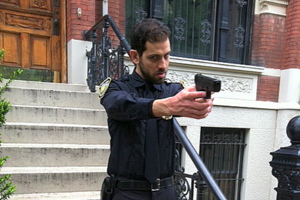
Matt Nagin Cop
Explain your writing process
Some writers use brainstorming, outline, clustering diagrams, index cards with scene titles, and various other methodologies. Any technique is fine. The critical element seems to be to find out what works best for you–the writer. Everyone is different. Personally, I find outlines stultifying and–although there is certainly an advantage to them–particularly for screenplays–they just remove too much of the spontaneity of writing for me. I like to just literally follow the characters. They speak to me and–in effect–it’s as if they dictate the story to me. My first draft is generally exactly this process–of going into the unknown–and letting the characters lead me on an amazing, revelatory journey (if I’m lucky it’s amazing). In future drafts I tighten things up and cut out parts that are not thematically relevant-and then I keep shaping the material until it is as complete as possible.
What writing tip or idea can you give young writers
Don’t censor yourself. Sometimes you are writing something and it seems wrong or crazy or far out. Don’t stop. Don’t delete it. Very often the unconscious knows better than you what you need to say. Follow it. Take chances. Don’t be afraid to get lost down a dead end or two. It’s worth it. Sometimes you will find manna. And, even when you don’t, it’s possible to learn a great deal from your failures.
What is is like working in the Hollywood system
The Hollywood System is highly-competitive. You have to be able to cope with constant rejection and believe in yourself.
What do you want to change about the film business
It would be nice if there were more organizations connecting writers, actors, and directors for creative collaboration.
What do you want to be remembered for
Woh. That’s a heavy question! I guess I would want to be remembered for making people laugh, for making them think, and for challenging cultural norms.
Website | Twitter | Vimeo | IMDB | Instagram | YouTube | LinkedIn
INTERVIEWS
more interviews

